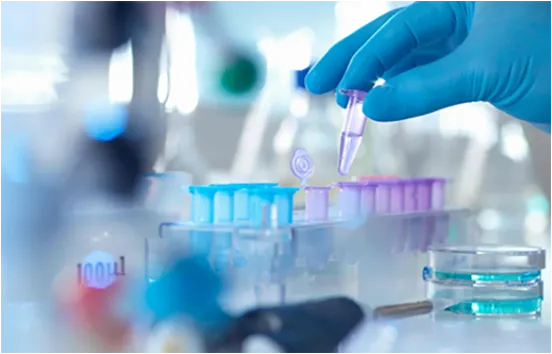stool collection tubes
The Importance of Stool Collection Tubes in Medical Diagnostics
Stool collection tubes are crucial tools in the field of medical diagnostics, particularly in the study of gastrointestinal health. They facilitate the collection, transportation, and preservation of stool samples, enabling healthcare professionals to conduct various tests that can reveal important information about a patient's health. These tubes are designed to maintain the integrity of the samples, ensuring accurate results which can lead to effective diagnoses and treatments.
One of the primary uses of stool collection tubes is for the detection of gastrointestinal infections, such as those caused by bacteria, viruses, or parasites. When a patient presents with symptoms like diarrhea, abdominal pain, or unexplained weight loss, healthcare providers may recommend a stool test to identify the underlying cause. In these situations, the use of sterile stool collection tubes is essential. They prevent contamination and ensure that the sample remains viable for testing, providing reliable data to clinicians.
Moreover, stool tests are also used in screening for colorectal cancer, one of the most common types of cancer worldwide. The test typically involves checking for hidden (occult) blood in the stool, which can be an early indicator of cancer or precancerous polyps. Stool collection tubes designed for this purpose often contain preservatives that stabilize the stool sample, allowing for accurate results even when the sample is collected days before analysis. Early detection through such screenings can significantly improve patient outcomes, making the use of specialized collection tubes vital in preventive healthcare.
stool collection tubes

In addition to these applications, stool collection tubes are also instrumental in studying the gut microbiome. The composition of gut bacteria plays a critical role in digestive health, immune function, and even mental well-being. Researchers collect stool samples in controlled environments to analyze the microbial diversity and function within the gut. The design of these tubes may include specific additives that promote the growth of certain bacteria for a more comprehensive understanding of gut health. Thus, they play a significant role in both clinical diagnostics and ongoing research in microbiology.
When it comes to using stool collection tubes, proper patient education is key to obtaining high-quality samples. Healthcare providers often instruct patients on how to collect their stool correctly, emphasizing the importance of avoiding contamination from urine or toilet water. Educating patients about the significance of adhering to instructions can greatly enhance the reliability of test results, ensuring that healthcare decisions are based on accurate data.
In conclusion, stool collection tubes are essential in the realm of medical diagnostics and research. They not only allow clinicians to diagnose infections and screen for serious conditions like colorectal cancer but also advance our understanding of gut microflora. The design and implementation of these tools reflect the balance between scientific rigor and practical application in patient care. As research continues to unveil the complexities of gut health, the role of stool collection tubes will undoubtedly remain central in both clinical and research settings. Their importance in gathering reliable samples cannot be overstated, as they are foundational to providing quality medical care and improving patient outcomes. Therefore, investing in high-quality stool collection tubes and promoting awareness about their use is crucial for healthcare systems worldwide.
-
Aesthetic Makeup Spray Bottles | Fine Mist Empty RefillableNewsAug.19,2025
-
White Plastic Veterinary Vaccine Vials | Lab Liquid BottlesNewsAug.18,2025
-
Plastic Medicine Liquid Bottle: Secure Flip Top Drug VialsNewsAug.17,2025
-
Durable 250ml Blue Plastic Vaccine Vial for Lab & Vet UseNewsAug.16,2025
-
Sterile Virus Sample Tubes: Secure & Reliable Specimen CollectionNewsAug.15,2025
-
White 250ml Plastic Vaccine Vial for Lab & Vet MedicineNewsAug.14,2025
























